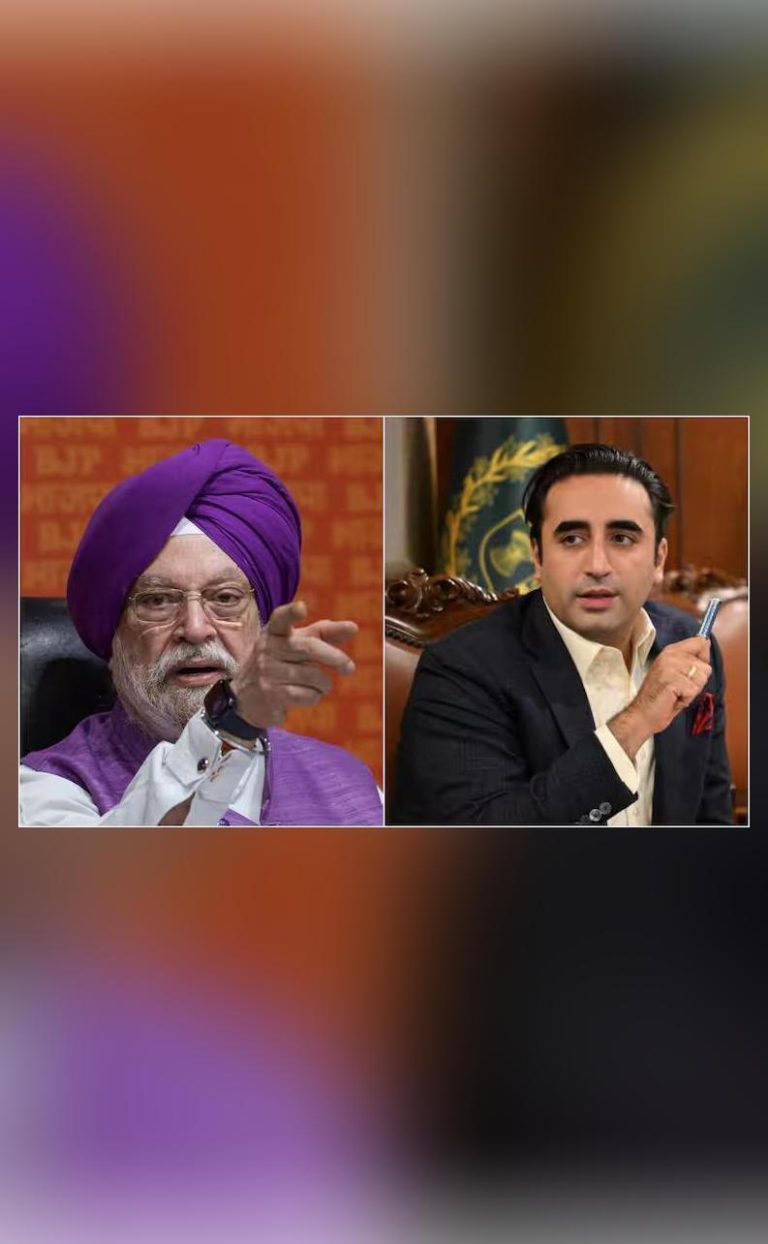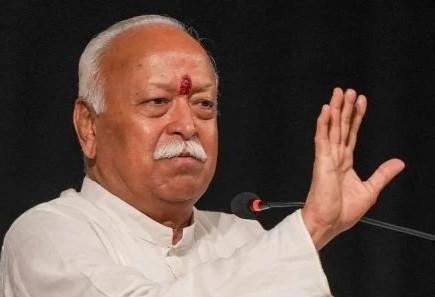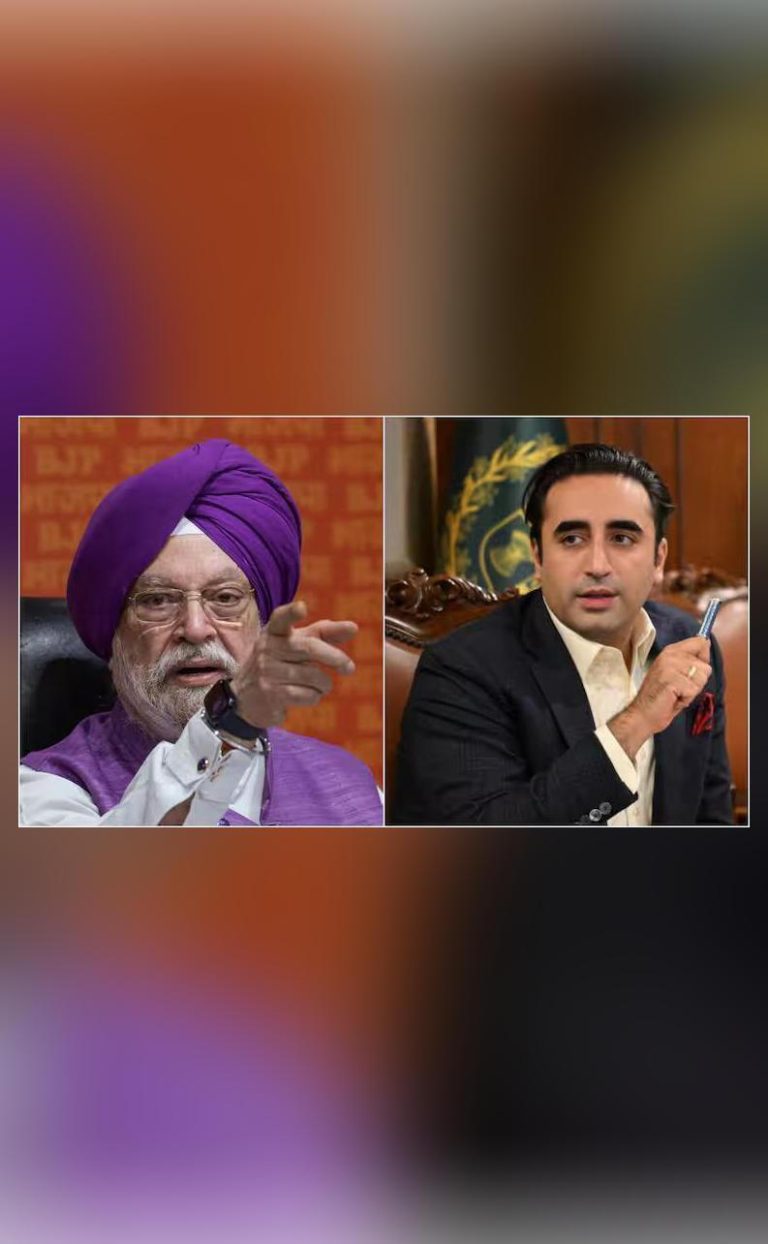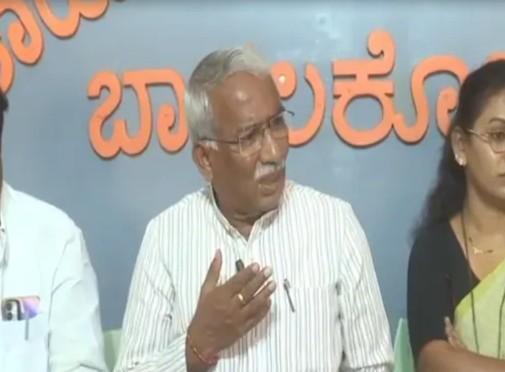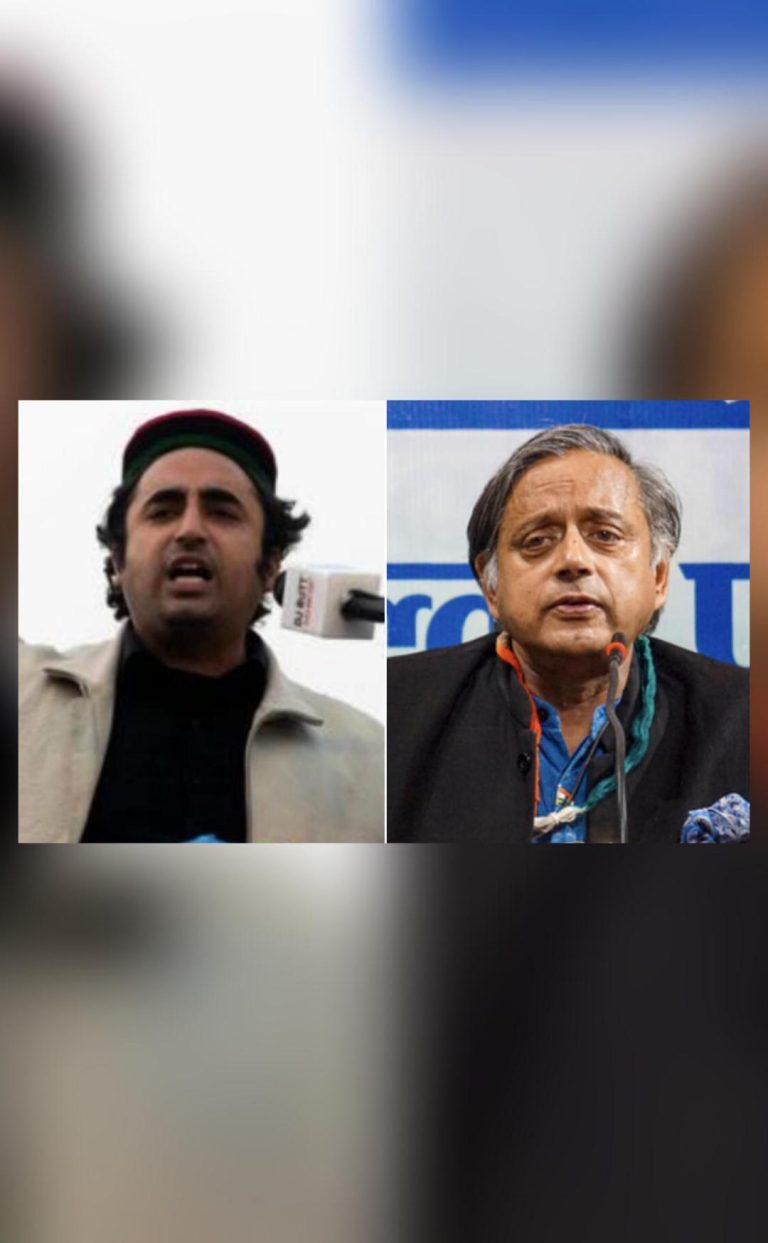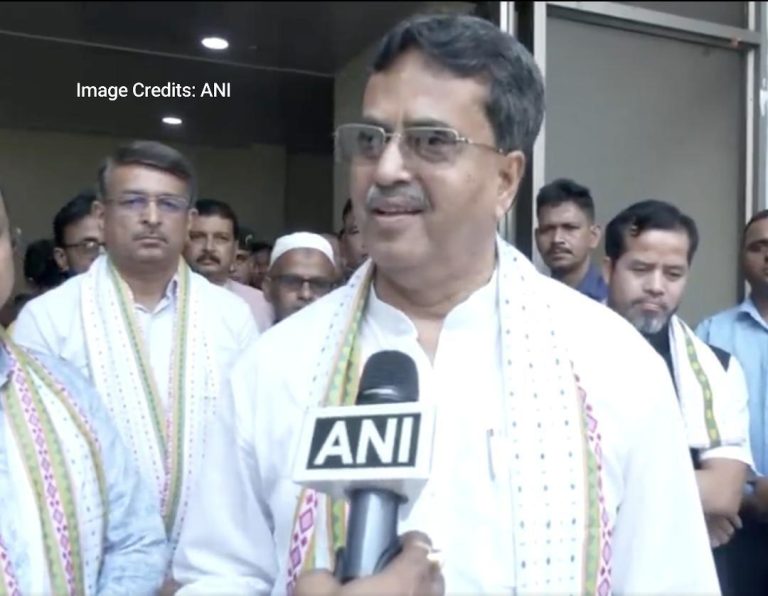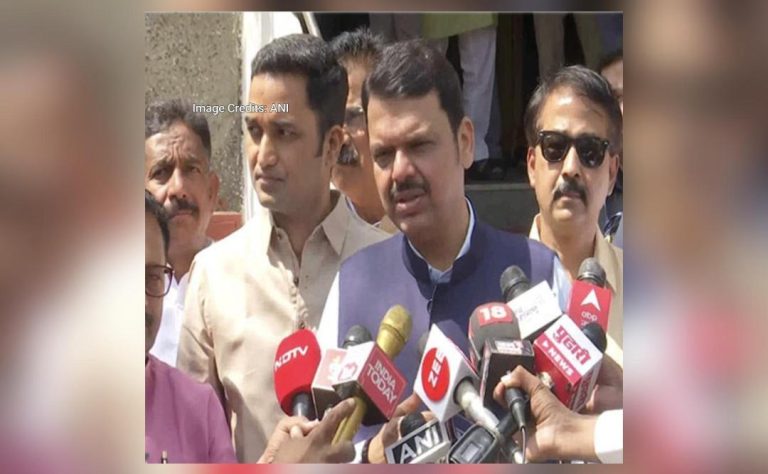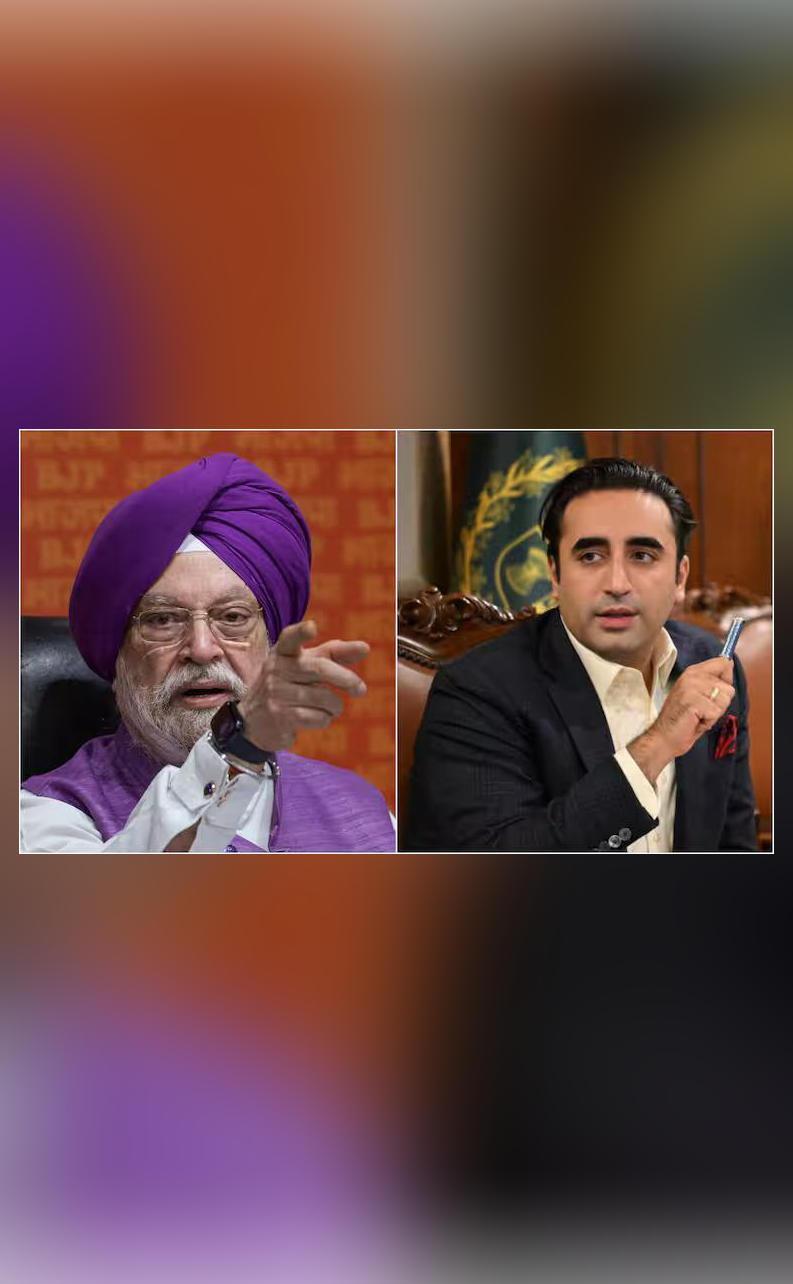
Look at what PM Modi said & wait for few days: Puri to Pak leader
The Indo-Pak relations have always been a subject of much tension and volatility. From the border skirmishes to the diplomatic standoffs, the two nations have been locked in a perpetual state of conflict. The latest incident to escalate the situation is the Pahalgam attack, which has led to the suspension of the Indus Waters Treaty (IWT) between the two countries.
The Pahalgam attack, which took place on October 8, 2022, resulted in the killing of three Indian soldiers. The attack was carried out by a group of terrorists, who infiltrated across the Line of Control (LoC). The Indian government has been swift in its response, suspending the IWT, which was signed in 1960, and has also vowed to identify, track, and punish every terrorist and their backers.
The Pakistani establishment has been reacting to the situation, with various leaders making provocative remarks. Recently, Pakistan Peoples Party (PPP) chairman Bilawal Bhutto-Zardari made a statement that has sparked a fresh controversy. Bhutto-Zardari said that Pakistan is ready to defend itself with “water or blood” if India tries to breach the IWT.
Reacting to Bhutto-Zardari’s statement, Union Minister Hardeep Singh Puri has issued a warning to Pakistan. In an interview, Puri said, “Look at what PM Narendra Modi said in Bihar…and wait for a few days.” Modi had made a statement in which he said that India will identify, track, and punish every terrorist and their backers. Puri’s statement is seen as a clear warning to Pakistan that India is not to be trifled with.
Puri’s statement is significant, as it reflects the Indian government’s resolve to take a tough stand against terrorism and those who support it. The suspension of the IWT is a clear indication that India is no longer willing to tolerate Pakistan’s continued support to terrorism. The treaty, which was signed in 1960, allows for the sharing of the waters of the Indus River and its tributaries between India and Pakistan. However, the treaty has been a subject of controversy in recent years, with India accusing Pakistan of violating its provisions.
The Pahalgam attack is just the latest in a string of terror incidents that have taken place along the LoC. The attack was carried out by a group of terrorists who infiltrated across the LoC and killed three Indian soldiers. The attack has been widely condemned by the international community, with many countries calling for Pakistan to take action against terrorist groups operating on its soil.
Pakistan, however, has denied any involvement in the attack and has instead accused India of “fabricating” the incident. The Pakistani government has also called for an “independent inquiry” into the attack, but India has rejected the demand, saying that it has evidence that the attack was carried out by Pakistani terrorists.
The situation is grave, and it is imperative that both countries engage in a dialogue to find a peaceful solution to the crisis. However, it is also important that Pakistan takes concrete action to curb terrorism and stop supporting terrorist groups. As Puri’s statement suggests, India is willing to take a tough stand against Pakistan if it does not change its ways.
In conclusion, the Pahalgam attack and the subsequent suspension of the IWT are a clear indication that India is no longer willing to tolerate Pakistan’s continued support to terrorism. The warning issued by Puri to Pakistan is a clear message that India is ready to take action if Pakistan does not change its ways. It is imperative that Pakistan takes concrete action to curb terrorism and stops supporting terrorist groups. Anything less would be seen as a threat to regional stability and would have far-reaching consequences.
